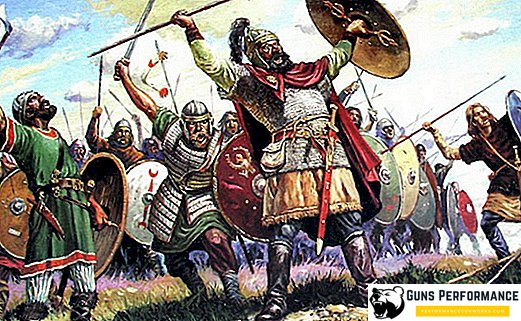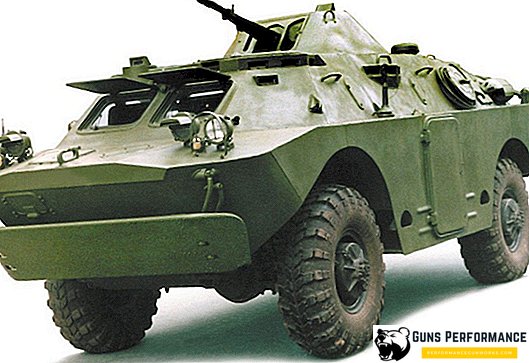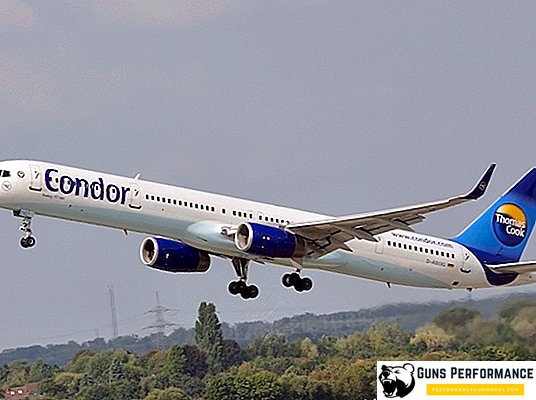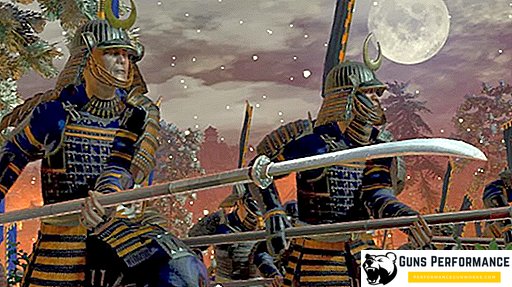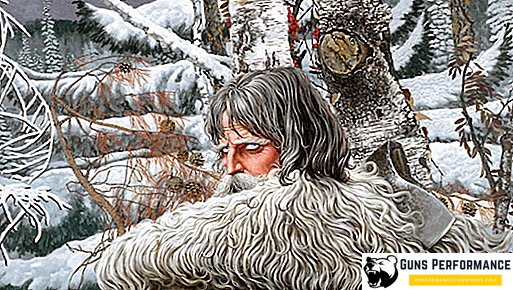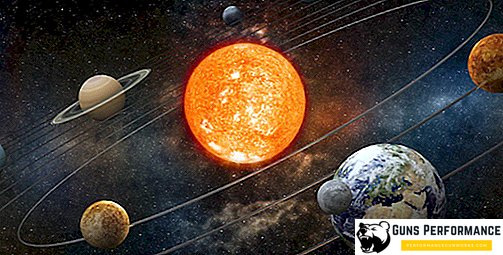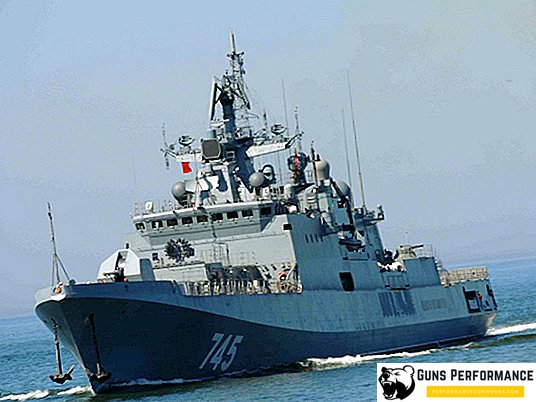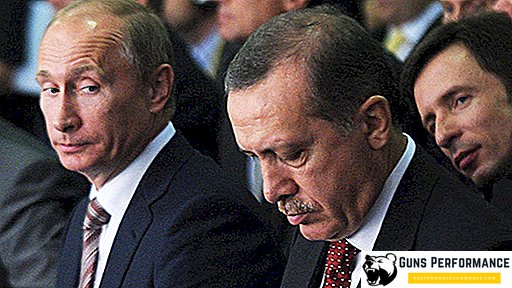
The main international news of recent weeks is undoubtedly the rapid warming of relations between Turkey and Russia. Such a turn of events could have been foreseen, but it was very difficult to believe in it - the intensity of mutual accusations and insults was too high after the destruction of the Russian aircraft in November last year. The famous Putin's “they won't get off with tomatoes” launched the machine of Russian state propaganda at full capacity.
For six months, we learned that the Turks are accomplices of ISIS, buy oil from them and are the primordial enemies of Russia, and Dmitry Kiselyov told the “funny” rhyme about Erdogan-zoophile on the First National Channel. Sanctions were imposed against Turkey, the Russians were forbidden to rest in Antalya and Kemer. It would seem that after such a relationship between the two countries spoiled seriously and for a long time.
The situation began to change rapidly in June of this year. Erdogan wrote a penitential letter to his Russian colleague, in which he expressed regret about the incident. Even faster events began to develop after the failed coup d'état that occurred in Turkey in July.
In August, the two presidents met in St. Petersburg. And now everything is almost like Orwell’s: "... Eurasia is an ally of Oceania. And it has always been like this." Putin promised Erdogan to lift the sanctions, the sides again returned to the discussion of the seemingly long-buried South Stream gas pipeline project.
Further more. A few days ago it became known that Iran provided its air base to accommodate Russian aviation operating in Syria.
Experts immediately expressed their opinion on the creation of a new anti-Western axis Moscow-Ankara-Tehran. Is such a union real? Can it become long-term or is it a situational convergence of several states, each of which pursues its own goals?

Swan, cancer and pike
The likelihood of a long anti-Western alliance between Russia, Turkey and Iran seems unlikely - too many serious contradictions between these countries. Their current rapprochement is due to the fact that all three states are in political isolation, which they seek to destroy by any possible means.
If we talk about a sharp warming between Russia and Turkey, then this process looks like an attempt to blackmail the West, with Erdogan playing the main violin in this game.
Of course, an equally important point is the economy. In this area, both Russia and Turkey are not doing very well. Turkey needs somewhere to sell their tomatoes, and Russian tourists are equally important for it. Russia is also interested in economic cooperation with Ankara. It turned out that without Turkish construction companies and money, it cannot implement many infrastructure projects. Gazprom is interested in selling more gas to Turkey.
However, the situation in the Russian and Turkish economies is much more interested in cooperating with the West than with each other. The main trading partner of both Turkey and Russia is Europe. A falling Russian economy will not be able to replace Turkey with the European market. Ankara needs Western loans and technology. A lot of projects in the Turkish military-industrial complex are tied to cooperation within the NATO bloc. The EU is the main investor in the Turkish economy. Any sanctions or trade restrictions imposed by the West can quickly bring down the Turkish economy.

If we talk about the ideology of the two states, then Ankara has its imperial megaproject. Russia is trying to build a "Russian world", and for Turkey one of the main elements of the state ideology is to build a "Turkic world", into whose orbit not only the states of the Transcaucasus, Central and Central Asia, but also the Turkic peoples of the Russian Caucasus and Volga region should enter.
After the collapse of the USSR, Turkey actively strengthened its influence in these territories, which, naturally, did not cause delight in Moscow. Do not forget the support that the Kurds traditionally receive in Moscow, since the times of the Soviet Union. Here you can add the conflict around Karabakh, in which Russia and Turkey support the opposing sides.

Not everything is rosy either between Iran and Turkey. The Turkic world or Turan originated in many respects as the antipode of Iran - the country of Persian culture. These states belong to different branches of Islam - Sunnis dominate in Turkey and Shiites dominate in Iran. But the main thing is not even this: despite the changes of the last years, Turkey remains today the most secular country in the Middle East. Iran after the 1978 revolution is a fully clerical state. Turkey has always been one of the major allies of the United States (the “Great Satan,” according to Iran’s ideology) in the region. Iran is considered today in Washington as one of the most likely military opponents.
However, the main thing is not in ideology. Both Iran and Turkey strive to become a leader in the Middle East. And Bolivar, as you know, will not take out two.
Great friendship between Moscow and Tehran can be put under great doubt. For the Iranians, the USSR was a “little Satan,” it is unlikely they began to treat his heiress with more warmth. For a long time, Moscow played the role of Iran’s "lawyer" in the international arena after the introduction of sanctions against it. However, the Kremlin often used its ability to influence Iran to bargain with the West. Only recently, Tehran received the S-300 air defense missile system, which he paid for back in 2007.
A good example of the "friendship" between Russia and Iran is the latter’s actions on the oil market. For a long time, Moscow has been trying to reduce world oil production, thereby increasing its cost. This issue is crucial for the Kremlin, since the lion's share of the Russian budget is formed through the sale of hydrocarbons. However, so far these attempts have not been crowned with success, and one of the main obstacles is the position of Iran.

However, the main stumbling block between Moscow, Ankara and Tehran is Syria, or rather, the future of this long-suffering land. It should be noted right away that the Syrian question is much more important for Turkey and Iran than for Russia. The Kremlin decided to participate in the Syrian civil war in order to divert the attention of the world community from the Crimea and Donbass, and also hoping to find new opportunities in the Syrian sands for global bargaining with Europe and the United States. For Putin, Syria is just another platform within the big game with the West.
Here, perhaps, it would be appropriate to say a few words about the current situation in Syria and the likely development of the situation in the future.
They say that last year Russia's intervention saved Assad from inevitable military defeat. It's true. However, most likely, Kremlin intervention only delayed the inevitable. The resources of the Syrian regime (primarily mobilization) are practically exhausted; today the main burden of the war is borne by the Lebanese Hezbollah fighters, the Russian and Afghan ichthamnets, and the Shiite volunteers from Iran. The situation of Assad was further aggravated by the adventurous offensive undertaken by government forces this year.
It was carried out in several directions at once (Raqca, Palmyra, Aleppo), it required a complete exertion of forces and ended without result. The retreat from Raqqa turned into a stampede, the militants broke through the siege of Aleppo and began to besiege the Asadites, Palmyra was almost completely blocked by the Islamic State. Asad simply does not have enough reserves to “plug” new holes with them or to throw for the development of local successes. In such a situation, a serious defeat of government troops in any sector could lead to the collapse of the entire front. Russian aviation, of course, can turn Aleppo into a pile of rubble and rubble, but this war can only be won on the ground.
Can Russia refuse to support the Assad regime in such a situation? This seems quite likely if, in exchange, the West offers concessions to the Kremlin on other more important issues for it. First of all, these are sanctions, the Crimea and the Ukrainian question. The ultimate goal of Putin is to build a new format of relations between Russia and the West, with the definition of spheres of influence, such as Yalta-2. Syria (as well as Ukraine) is just a tool to achieve this goal. True, the Russian government will have further negotiations with the new president of the United States.

A completely different view of the Syrian conflict in Tehran. Syria is Iran’s main multi-year ally in the region. It is through Syrian territory that Hezbollah is supplied in Lebanon, Iranian troops have been involved in the fighting in Syria for several years. Iran, in any case, will defend Assad and the Alawites, who are in power in Syria today, because in any other scenario, he will completely lose this country. The fact is that the majority of Syrians are Sunni, so any new government will be hostile to Shiite Iran.
More important is the situation in Syria for Ankara. Turkey categorically demands the resignation of Assad and his trial. However, the problem of the Kurds, who have been striving to create their own state for several decades, is much more important for it. Turkey actively supports the Sunni opposition, which is fighting against Bashar al-Assad and his allies. Ankara has repeatedly been charged that it contributes to the supply of the Islamic State (ISIL), which is now fighting against the Kurds. In the north of Syria, troops of the Turkomans are operating against government troops, after the bombing of which the Russian Su-24 was shot down.
However, for Turkey, the main problem is not Assad, but the Kurds. Most of all, they are afraid of the collapse of Syria and the formation of an independent Kurdish state in its territories.
Based on the foregoing, it becomes clear that the demonstrative rapprochement of three such different states is a temporary situational union from which each participant strives to extract his own benefit.
Today it seems that the main beneficiary of this "union offended by the West" is Erdogan, who frankly blackmails the United States and Europe. The Turkish president demands from the European Union to grant its citizens a visa-free regime and to accept Turkey in the EU in the coming years. Well, if not, then Erdogan can always provide Europe with a new wave of refugees and go to “friend Vladimir” along with Iranian ayatollahs, and even with “Chinese comrades”. Only Europeans are unlikely to buy this bluff.

Not less claims from Erdogan and the United States. After the failed coup, he demands that the Americans give him Fethullah Gulen, his main political opponent in the States today. But this is not important. Most of all, Ankara is worried about American support for the Kurds, whom Obama has made one of the main allies in the region. Not so long ago, the Turks threatened a possible exit from NATO, if the United States continues its policy.
Iran also strengthened its position after the deployment of Russian aviation on its territory. The airbase with the Russian "carcasses" is very close to the oil fields of Saudi Arabia - Tehran's main rival in the region.
Now, Russian aviation will be able to wipe Aleppo off the face of the earth along with militants and civilians, thereby increasing the number of Syrians who want to go to a calm and well-fed Europe. Well, if Europeans do not like it, then the Kremlin can always stop this disgrace. On its own terms, of course.



